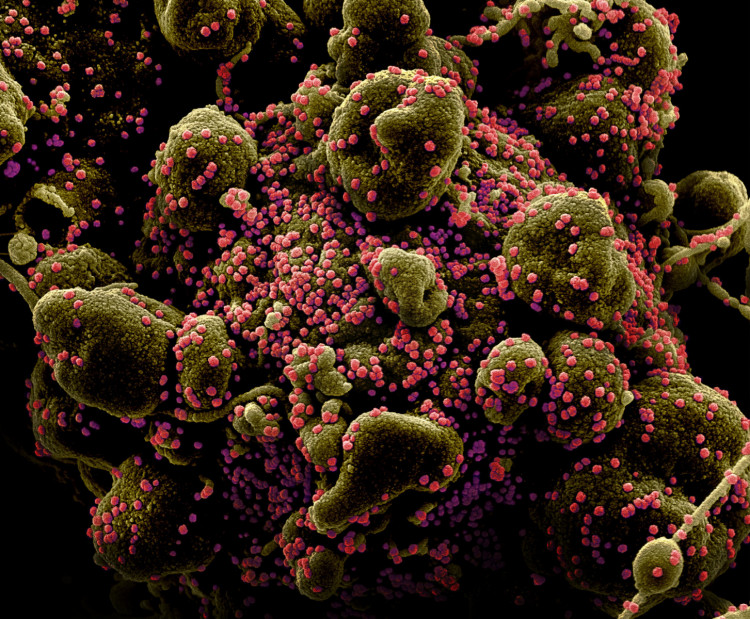The 21 member-states of the Asia-Pacific Economic Cooperation affirmed free, fair and non-discriminatory trade practices are key to recovering from the huge economic damage being inflicted by the untamed COVID-19 pandemic.
Ministers made this call Monday during their virtual 31st Apec Ministerial Meeting hosted by Malaysia. In their joint statement, the ministers also said any emergency trade measures addressing COVID-19 should be targeted, proportionate and not create unneeded barriers to trade.
"We recognize the importance of a free, open, fair, non-discriminatory, transparent and predictable trade and investment environment to drive economic recovery at such a challenging time," said the ministers in their statement.
They also promised to continue working together to support the strong economic recovery despite the pandemic.
"We will continue to cooperate and act swiftly to foster quality growth, safeguard the lives and livelihoods of our people to enhance the resilience of our economies, and support strong and inclusive economic recovery," said the ministers.
The participants also agreed COVID-19 "has gravely impacted" the Asia-Pacific region and the entire global economy. Ministers are now expected to tackle the thorny and politically sensitive issue of economic integration that keeps evading a solution.
"We will further advance the economic integration in the region, in a manner that is market-driven, including through the work on the Free Trade Area of the Asia-Pacific agenda which will contribute to high quality and comprehensive regional undertakings," said the ministers in the statement.
Malaysian trade minister Azmin Ali, chair of the ministerial meeting, said members remain divided over the "level of ambition" in pursuing the APEC's post-2020 vision. This new but hazy vision will replace the 1994 Bogor Goals, which are a set of targets on reducing barriers to trade and investment that expire by year-end.
"There were also divergent views regarding the need to strengthen multilateral trading systems and deepen economic integration in pursuing free trade agreements," said Azmin, who is also Malaysia's Senior Minister and Minister of International Trade and Industry.
The APEC 2020 theme is "Optimizing Human Potential toward a Resilient Future of Shared Prosperity: Pivot. Prioritize."
The ministerial meeting comes only a day after 15 Asia-Pacific countries, many of them APEC members, signed the world's largest trade agreement. Signed was the "Regional Comprehensive Economic Partnership" (RCEP) at the Vietnam-hosted virtual ASEAN Summit.
RCEP is a free trade agreement between the 10 member-states of ASEAN (Brunei, Cambodia, Indonesia, Laos, Malaysia, Myanmar, the Philippines, Singapore, Thailand and Vietnam) and their five partners (Australia, China, Japan, New Zealand and South Korea). It does not include the United States.
The comprehensive agreement will lower tariffs and enhance access to the services sector within the bloc. It will also help attract investors outside the Indo-Pacific region because it creates an integrated market that includes China, the world's second largest economy. It will make the bloc's exports to the rest of the world more competitive.






